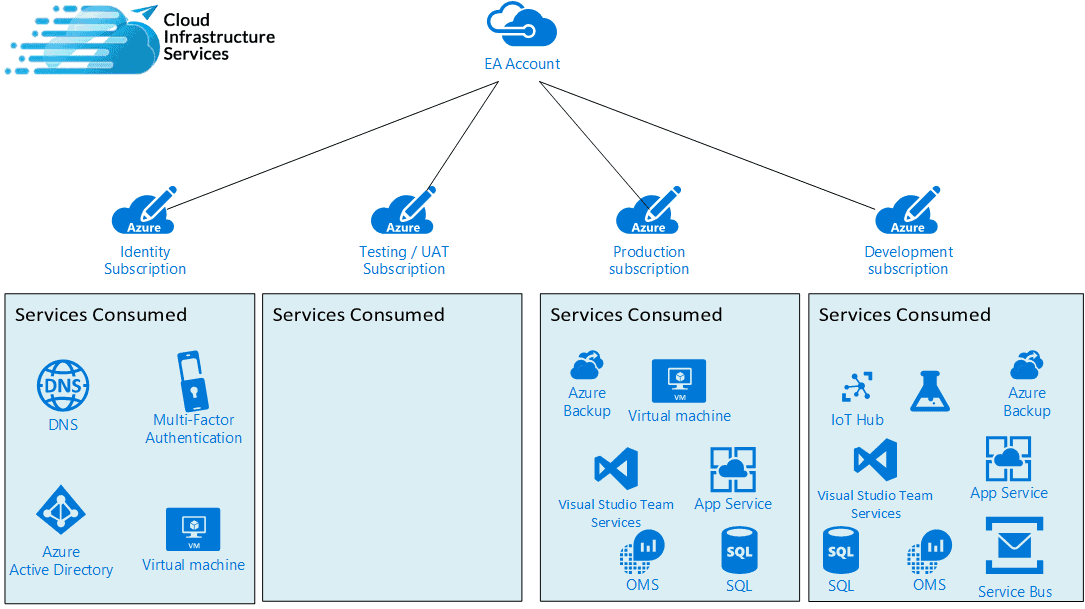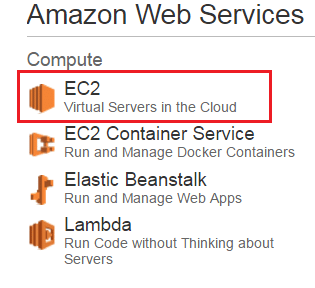
Hosting is a crucial part of online businesses. It allows your visitors to access your website, while ensuring that your server doesn't crash. It gives you a place to keep your data and files.
The market is flooded with cheap hosting plans, but you need to find the right one. You should not choose the cheapest hosting plans if you are a small company or an individual.
It is important to remember that even the most affordable hosting plans will not give you enough resources to expand your website. This is especially true if you're using a cheap plan that's hosted on shared servers with other websites.
If you do this, your website may load slowly and become a hacker's target. To avoid those issues, it's a good idea to look for a cheap web host that offers a dedicated server.
GoDaddy provides affordable domain registration and hosting services. The cheapest plan is $5.99 per month and includes a domain name for free, unlimited email and unlimited storage.

You can also get a refund if not satisfied.
HostGator, another popular web host, offers a variety of plans at affordable prices. This company is known for its excellent customer service and affordable pricing.
You can also get started in just a few minutes with their easy-to-use panel. They offer a 30-day refund guarantee and allow you to change or upgrade your plan without any additional fees.
Hostinger lets you lock in low monthly rates for as long as four years. This is a great way to save and to ensure you never pay more than necessary, even if you grow your business or run out of bandwidth.
Although most cheap hosting providers offer discounts if you sign up for a longer-term contract, it can be risky. If your website grows and you need more resources, you may be unable to switch hosting plans.
Before you sign a long term contract, it is a good idea for you to verify the scalability. This will allow you to make an educated decision regarding your hosting requirements and future budget.

Last but not least, search for cheap web hosting that provides free SSL certificates. These certificates authenticate websites and encrypt communications from the host to your visitors' computer, which is crucial for protecting sensitive data.
You may have to contact your host frequently to resolve problems with your website. But if you do, be sure to look for hosts that offer live chat and phone support.
You can find affordable hosting at high-quality. Beginners can begin by selecting a hosting plan with all the features they need to build a website. If you're looking for a more robust hosting solution, you might want to consider a managed WordPress hosting plan.
FAQ
What is website design software?
Web design software is used to create web pages and other digital media by graphic artists, photographers and illustrators.
There are two types main website design software options: desktop apps and cloud-based. Desktop apps are downloaded to your computer locally and you will need additional software. Cloud-based apps are hosted remotely on the Internet and do not require any additional software. This makes them perfect for mobile users.
Desktop Applications
Although desktop apps offer more features than cloud-based applications, they are not always required. Some people prefer working exclusively on a desktop app, as they find it easier. Others prefer the same tool, no matter if they are using it on a mobile device or a laptop.
Cloud-Based Solutions
A cloud-based solution is a good choice for web designers who are looking to save money and time. These services make it possible to edit any type document from anywhere with an Internet connection. This means you can work on a tablet while waiting for your coffee to brew.
If you decide on a cloud-based solution, you will need to purchase a license. You won't need to purchase additional licenses if you upgrade to a later version.
These programs are available for web page creation if you have Photoshop or InDesign, Illustrator, and other Adobe products.
Do I need a portfolio to get hired as a web designer?
Yes. When you are applying for a job as a web developer or designer, a portfolio is crucial. Portfolios should showcase examples of your skillsets and experience.
A portfolio usually consists of samples of your past projects. These samples can show off your ability to do any task. Include everything: mockups; wireframes; logos; brochures; websites and apps.
Which website builder should I use?
Start small to create a strong web presence. If you have enough time and resources, build a site. But if you don't have these resources yet, starting with a simple blog might be the best option. As you become proficient in web design and development, you can add features as needed.
However, before you create your first website you need to set up a primary URL. This will allow you to point to your primary domain name when you post content.
Can I use HTML & CCS to build my website?
Yes, you can! It is possible with basic knowledge of web design, programming languages like HTML (Hyper Text Markup Language), CSS (Cascading style Sheets), and HTML (Hyper Text Markup Language). These languages enable you to create websites that are accessible to anyone with an internet connection.
Statistics
- It enables you to sell your music directly on your website and keep 100% of the profits. (wix.com)
- It's estimated that chatbots could reduce this by 30%. Gone are the days when chatbots were mere gimmicks – now, they're becoming ever more essential to customer-facing services. (websitebuilderexpert.com)
- At this point, it's important to note that just because a web trend is current, it doesn't mean it's necessarily right for you.48% of people cite design as the most important factor of a website, (websitebuilderexpert.com)
- When choosing your website color scheme, a general rule is to limit yourself to three shades: one primary color (60% of the mix), one secondary color (30%), and one accent color (10%). (wix.com)
- The average website user will read about 20% of the text on any given page, so it's crucial to entice them with an appropriate vibe. (websitebuilderexpert.com)
External Links
How To
What is website hosting?
Website hosting is the location where people go when they visit websites. There are two types.
-
Shared Hosting - This is your cheapest option. Your website files reside on a server controlled by someone else. Customers visiting your website send their queries over the Internet, to that server. You then receive the request from the owner of the server.
-
Dedicated Hosting - This option is the most costly. Your website is hosted entirely on one server. No other websites share space on the server, so your traffic stays private.
Shared hosting is preferred by most businesses because it's cheaper than dedicated hosting. You can use shared hosting if the company owns the server to provide the resources required for your website.
However, both have their advantages and disadvantages. These are the key differences between them.
The pros of shared hosting:
-
Lower Cost
-
Easy to Setup
-
Frequent Updates
-
It is possible to find it on many web hosting companies
Hosting shared can be as low as $10 per month. This price often includes bandwidth. Bandwidth is how much data you can transfer to the Internet. Even if you are only uploading photos to your blog site, high data transfer rates can still cost you extra.
Once you start, you'll quickly realize why you were paying so much for your previous host. Most shared hosts provide very limited customer support. Although their techs may help you with setting up your site, it's not a common practice.
Providers that offer 24-hour customer support are worth looking into. They'll take care of any issues that come up while you sleep.
Cons of dedicated hosting
-
More Expensive
-
Less is More
-
Requires specific skills
You're getting everything you need with dedicated hosting to operate your website. You don't need to worry about bandwidth usage or RAM (random access memory).
This means you'll have to spend more upfront. But once your online business starts, you'll realize you don't need any technical assistance. You'll soon be an expert at managing servers.
Which is better for my business?
The answer will depend on the type and purpose of your website. If you're selling products only, shared hosting might work best. It is easy to set-up and manage. It's easy to set up and maintain, as you share a server with other sites. You will likely be updated frequently.
If you want to create a community around a brand, dedicated hosting may be the best choice. You can put your efforts into building your brand, and not worry about how to handle your traffic.
Bluehost.com is the best web host for both. They offer unlimited data transfers per month, 24/7 support and free domain registration.